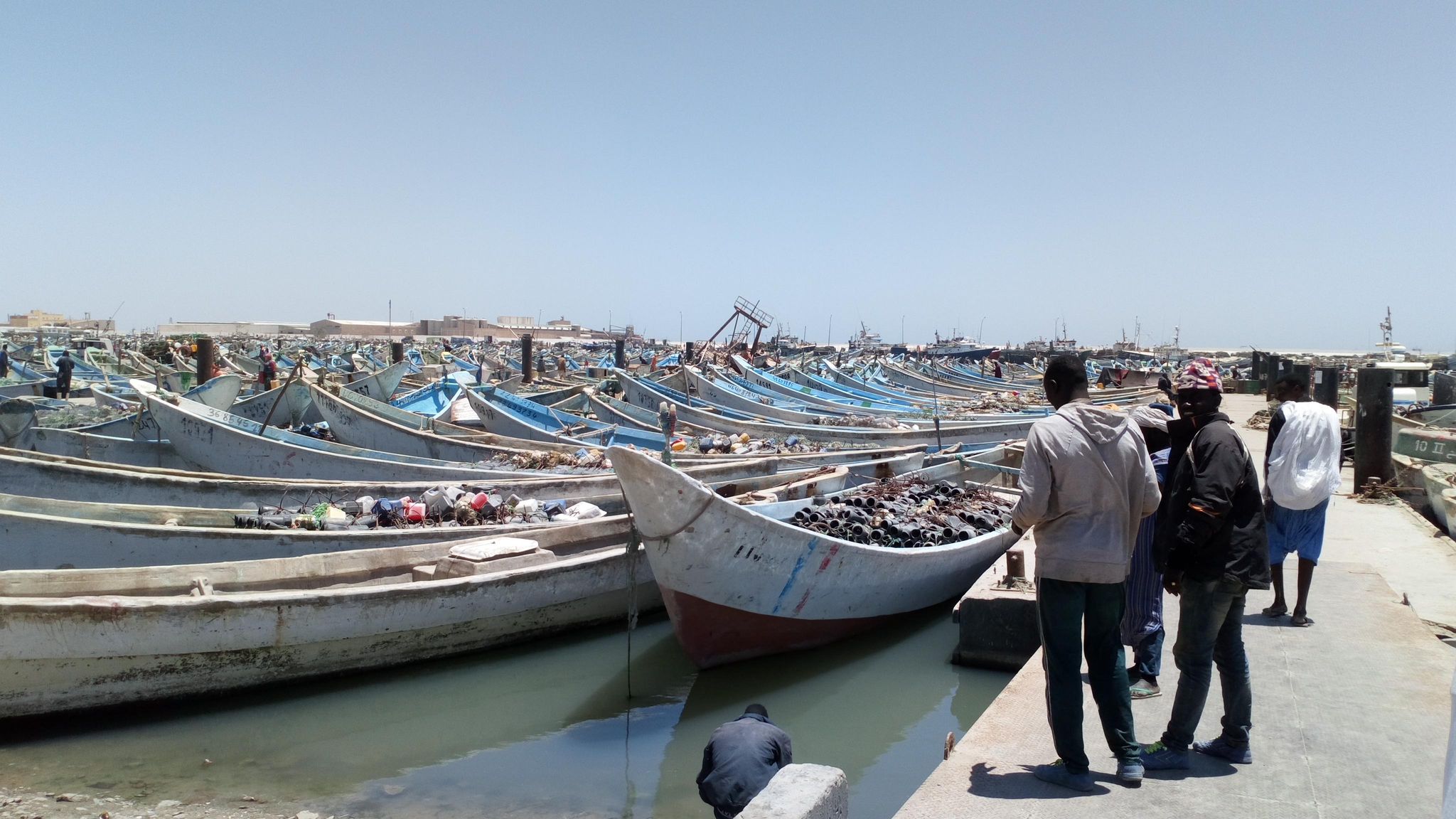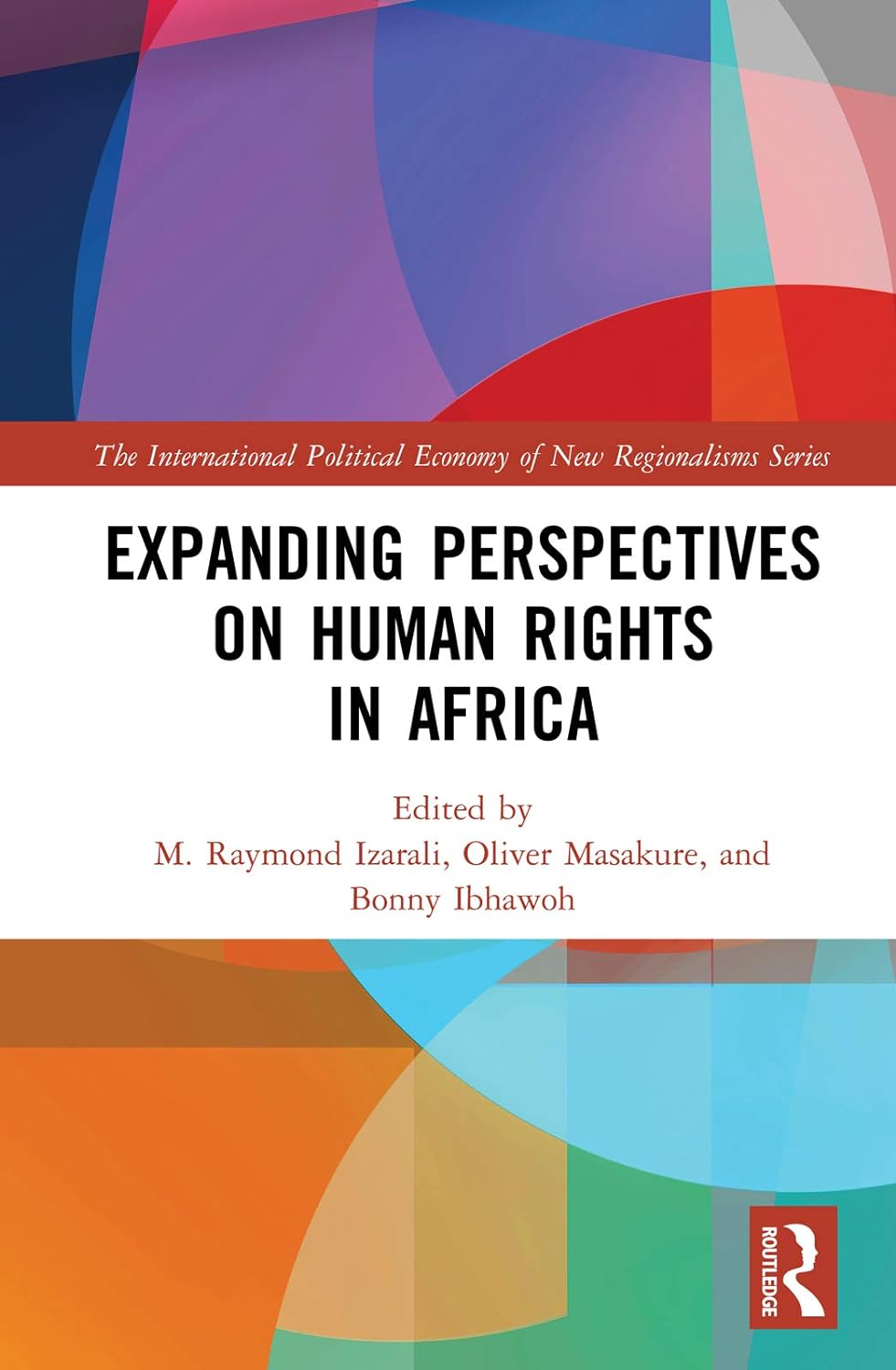We use cookies on this site to enhance your experience.
By selecting “Accept” and continuing to use this website, you consent to the use of cookies.

Senegal Shores, Photo Credit: Abderrahman Beggar
Over the last decade, increasing numbers of irregular migrants from Sub-Saharan Africa have been transiting through Morocco with the goal of moving onward to Spain and the European Union. In a more recent and unanticipated phenomenon, Sub-Saharan African migrants are arriving in South America and journeying northward through Mexico to the United States. Unable to reach their intended destinations due to increasingly securitized borders, these individuals have become stranded in Morocco and Mexico—two reception contexts where they lack claims to basic social services, and where the effects of racial exclusion are systemic and pervasive.
Our study is using life stories (Bertaux 1997) to compare the experiences of irregular Sub-Saharan African migrants who are currently and indefinitely stranded in Morocco and Mexico, unable to go on to their intended destination or to return home. By collaborating with 20 men and women who will narrate detailed stories of their past, present, and anticipated future, and by publishing those stories in a book targeting scholars across disciplines and interested publics, the research will advance four principal objectives:
Funding Source: SSHRC Insight 2021-2023
Research Lead: Dr. Abderrahman Beggar, Wilfrid Laurier University
Dr. Stacey Wilson-Forsberg, Wilfrid Laurier University

Editors: Raymond Izarali, Oliver Masakure
Izarali, M. R., O. Masakure, and B. Ibhawoh (Eds). (2019) Expanding Perspectives on Human Rights in Africa. Abingdon, Oxon, New York, NY: Routledge.
Chapters by Fellows:
Raymond Izarali, Oliver Masakure, and Bonny Ibhawoh: Introduction Conceptualizing Human Rights Issues in Africa
Thomas Rose: Chapter 2: Human Rights in Africa: The African Criminal Court
Oliver Masakure: Chapter 3: Structural Inequalities, Exclusion and Minorities in Africa
Olabanji Akinola: Chapter 4: Old-Age Poverty, Human Rights, and Social Protection for the Elderly in Nigeria
Lamine Diallo and Ousmane Aly Diallo: Chapter 5: Youth Movements: Emerging Actors of the Struggles for Civil and Political Rights in Sub-Saharan Africa
Jeff Grishchow: Chapter 7: The United Nations Convention on the Rights of Persons with Disabilities: Historical Antecedents and Implications for Disability Rights and Socioeconomic Development in Africa
Sylvester Amara Lamin: Chapter 9: Disability Rights are Human Rights: A Situational Analysis of Persons with Disabilities in Sierra Leone
Consoler Teboh: Chapter 10: Mental Health Inequities in Africa: A Human Rights Perspective
Andrea Brown: Chapter 12: Women’s Rights, Food Entitlements, and Governance in Urban Uganda
M. Raymond Izarali: Chapter 14: Towards an Inclusive Approach to Human Rights Enjoyment and Protection in Africa in an Age of Globalization
Ame, R, K., L. Ayete-Nyampong, and D. Ami Gakpleazi. (2020). “There’s no Functioning
Child Panel in this Region’: An Assessment of Child Panels in Ghana’s Juvenile Justice
System.” Contemporary Justice Review, 23(4), 373-400. https://www.tandfonline.com/doi/full/10.1080/10282580.2020.1719362
Ame, R. K. and S. Alidu (Under Review) “Ghana’s National Reconciliation Commission: 15 years later”
Book chapter prepared for a volume to be edited by Prof. Bonny Ibhawoh (McMaster University) and based on the Confronting Atrocity Conference held at the University of Ghana in August 2019.'
Research Lead: Bree Akesson (CI)
Research Lead: Abdelfettah Elkchirid (CI), Jenna Hennebry (PI)
Peer Reviewed Publications
Elkchirid, A. and M. Mfoafo-M'Carthy, (2019) “Moroccan Migrant Women Breaking Stereotypes in Spain: An Empirical Study.” The European Journal of Social Work.
Research Lead: R. Ame
Workshop Presentation
Black overrepresentation in the Canadian Youth Justice System: the Role of Ethnic Associations The Role of African Ethnic Associations in Preparing their Youth for the Future, TISCA April 28-29, 2022
Research Lead: C. Gyan (CI)
Research Lead: T. Oriola
Book
Oriola, Temitope, Freedom Onuoha and Samuel Oyewole. (eds). (2022) Boko Haram’s Terrorist Campaign in the Lake Chad Region: Context, Dimensions and Emerging Trajectories. New York & London: Routledge.
Articles in Refereed Journals
Oriola, Temitope B. 2022. ‘Nigerian troops in the war against Boko Haram: The Civilian-military leadership interest convergence thesis’, Armed Forces & Society. https://doi.org/10.1177/0095327X211072894
Oriola, Temitope B. 2021. “Nigerian soldiers on the War against Boko Haram”, African Affairs, https://doi.org/10.1093/afraf/adab003
Oriola, Temitope B. 2021. “Framing and Movement Outcomes: The #BringBackOurGirls Movement” Third World Quarterly, 42, 4: 641-660.
Emiljanowicz, P. and B. Ibhawoh (2021) “Democracy in Postcolonial Ghana: Tropes, State Power, and the Defence Committees,” Third World Quarterly [Accepted, in production].
Emiljanowicz, P. “From Karl Marx to Kwame Nkrumah: Towards a Decolonial Political Economy,” In Marxism and Decolonization in the 21st Century edited by Sabelo Ndlovu-Gatsheni (Routledge, June 2021).
Gyan, C., Abbey, E. & Baffoe, M. (2020). “Proverbs and Patriarchy: Analysis of Linguistic Prejudice and Representation of Women in Traditional Akan Communities of Ghana.” Journal of Social Sciences, 9(3), 22.
Gyan, C. (2021). “Community Development Participation Scale: A Development and Validation Study.” Community Development https://doi.org/10.1080/15575330.2021.1885049
Gyan, C. (Under Review). “Community Development Participation Scale: A Development and Validation Study.” Community Development: Journal of the Community Development Society.
Gyan, C. and A. Siddique (Under Review) “Barriers to the Participation of Women in Community Development Process in Rural Ghana: A Regression Analysis.” Community in Practice.
Abbey, E. and C. Gyan (Under Review). “Dehumanizing but Thriving: The Negative Traditional Practices and the Well-Being of Women in Siniensi Village of Northern Ghana.” Women's Studies: An Inter-Disciplinary Journal.
Onyango, E. O., and Elliott, S. J. (2020). “Bleeding Bodies, Untrustworthy Bodies: A Social Constructionist Approach to Health and Wellbeing of Young People in Kenya.” International Journal of Environmental Research and Public Health, 17(20), 7555.
Onyango E. O. and Kangmennaang, J. (2020). “Wellbeing in Place.” In: Kobayashi, A. (Ed.), International Encyclopedia of Human Geography, 2nd edition. vol. 14, Elsevier, pp. 265–272. https://dx.doi.org/10.1016/B978-0-08-102295-5.10443-3 ISBN: 9780081022955
Onyango E. O. (2021). “Managing Livelihood in Displacement: The Politics of Landownership and Embodied Health and Wellbeing by Senior Women in Kenya.” In Gender Climate Change and Livelihoods. Publisher: CABI https://www.cabi.org/what-we-do/publishing/
Teboh, C. and Lamin, S.A. (2020). “Acceptance and Inclusivity: An Islamic Artforms
Perspectives.” Journal of Mental Health and Social Behavior (2) 109-119.
Articles in Refereed Journals
December 2021. “Hédi Bouraoui selon Rafik Darragi. Pour une biographie
pluriverselle du bonheur”. The Lincoln Humanities conference Journal, vol. 9 (Fall 2021): 74-89.
Chapters in Books
Beggar, A. (2021). “Hédi Bouraoui: On Transcultural Belonging”. Cultural Production and Social Movements After the Arab Spring: Nationalism, Politics, and Transnational Identity. Ayman El-Desouky and Eid Mohamed (Ed.). London: I.B. Tauris, 2021:
Beggar, A. (2021). “Lessons from the history – responding to Islamophobia in Victoria and Abdul and The Sultan and The Queen”. Religion, Migration, and Existential Wellbeing. Edited ByMoa Kindström Dahlin, Oscar L. Larsson, Anneli Winell. London: Routledge..
Conference Proceedings
Beggar, A. (2021). “Reinventing the past through translation. The case of Alvar Nuñez Cabeza de Vaca’s Relación de los naufragios y comentarios (1555)”. Saddik Gohar (Ed.). The National Archives First International Translation Conference :62-67.
Beggar, A. (2022). (May 9-13: 2022). National Library and Archives-Ministry of Presidential Affairs. The NLA Second International Translation Conference: “Translation and Preservation of the Memory of the Nation. The Image of the UAE in Cultures, Literatures and World Intellectual Heritage”
Beggar, A. (2021). “Reinventing the past through translation. The case of Alvar Nuñez Cabeza de Vaca’s Relación de los naufragios y comentarios (1555)”. Translation in the Digital Age between Modern Technologies and Challenges of Historical Text. United Arab Emirates National Archives (Abu Dhabi, United Arab Emirates)
Peer Reviewed Articles
Gyan, C. & Mfoafo-Mcarthy, M (2021). Women’s Participation in Community development in rural Ghana: The effects of colonialism, neoliberalism, and patriarchy. Community Development. DOI:10.1080/15575330.2021.1959362
Gyan, C., Malik, M. & Aisha Siddique (2021) Barriers to the Participation of Women in Community Development Process in Rural Ghana: A Regression Analysis. Development in Practice. DOI:10.1080/09614524.2021.1937541
Gyan, C. (2021). Community Development Participation Scale: A Development and Validation Study. Community Development. DOI: 10.1080/15575330.2021.1885049
Abbey, E. & Gyan, C. (2021). The salutogenic perspective on the negative traditional practices affecting the well-being of women in Siniensi Village of Northern Ghana. International Journal of Gender Studies in Developing Societies, 4(2), 155 - 169. DOI: 10.1504/ijgsds.2021.10038523
Contact Us:
Karen Cyrus, Director
Stacey Wilson-Forsberg, Associate Director